Dune: Prophecy was another potential answer to television’s most frequently asked question: which show is going to be the next Game of Thrones? But as the sci-fi series edges toward its finale, it’s becoming clearer that it simply cannot work as a replacement for the groundbreaking fantasy drama.
Ever since Game of Thrones ended, HBO hasn’t been shy about cashing in all their chips for the next big escapist TV show. This includes Dune: Prophecy, the upcoming Harry Potter TV series, and even Game of Thrones’ own prequel, House of the Dragon. While it may not be fair to compare two distinct shows with somewhat overlapping themes, their cultural impacts can surely be taken into account. That’s where Dune: Prophecy still has a long way to go before catching up to become the next Game of Thrones.
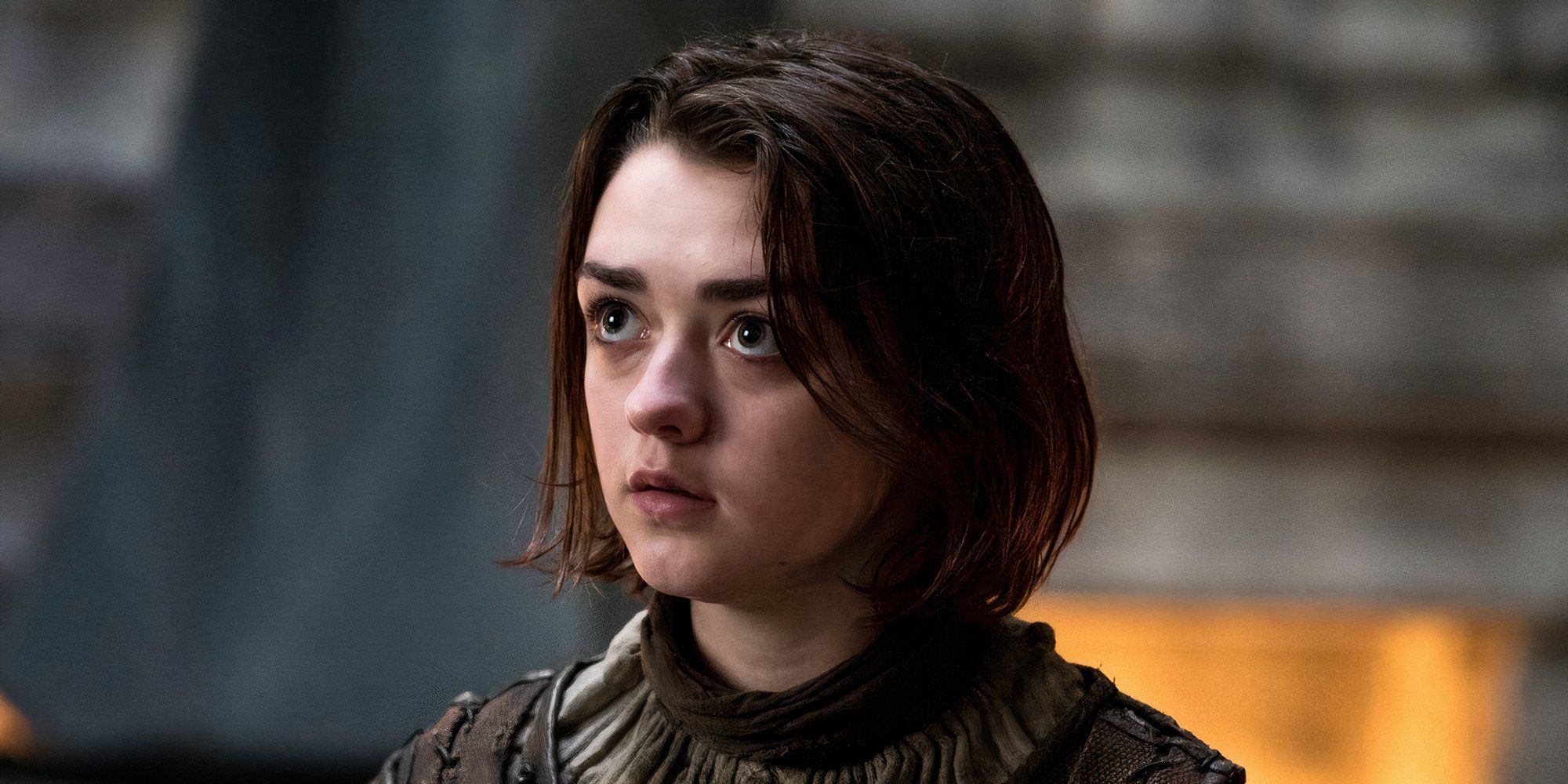
Related
We Need To Stop Trying To Find ‘The Next Game of Thrones’
Television audiences must stop trying to find the ‘next Game of Thrones’ and enjoy what’s being created today.
Game Of Thrones Vs. Dune: Prophecy
Comparing Their Premiere Reception
It’s hard to judge and compare Dune: Prophecy and GOT solely based on viewership metrics or general critical response. After all, both shows were released in nearly two different eras of television and streaming. According to internal data from Warner Bros. Discovery, Dune: Prophecy started with 1.2 million viewers for its premiere episode. The numbers steadily grew over time as more people now stream shows at their own convenience. On the other hand, GOT’s premiere back in 2011 garnered over 2.1 million viewers.
GOT’s Landmark Status
This number skyrocketed in subsequent seasons, making it HBO’s most-watched show of all time. A more relevant and contemporary comparison for Prophecy would be House of the Dragon, whose premiere attracted nearly 10 million US viewers. Just like HOTD’s advantage of being a GOT prequel, Prophecy too benefits from the fresh success of Denis Villeneuve’s two-part Dune blockbusters on the big screen. And yet, it struggles to generate the same word-of-mouth momentum that turned Game of Thrones into a cultural phenomenon no one could afford to miss.
Is Dune: Prophecy Trying To Be Game Of Thrones?
Political Themes And Similarities
Despite one show being a minimalist affair set in space and the other an epic fight for the throne, it couldn’t be more clear that Dune: Prophecy was intended to be the spiritual successor to Game of Thrones. Many parallels have been drawn, comparing the political, conversation-driven setting of the recent release to the constant power struggle in George R.R. Martin’s fantasy series. But Frank Herbert’s novels were published several years before A Song of Ice and Fire.
Dune isn’t Game of Thrones in space. In fact, the latter could be called Dune with medieval knights and dragons. Moreover, Dune: Prophecy is based on the expanded Duniverse novels, such as Sisterhood of Dune by Brian Herbert and Kevin J. Anderson, and not the original works. So, if anything, Dune: Prophecy could be deemed a sci-fi House of the Dragon at best. In an interview with TheWrap, showrunner Alison Schapker addressed comparisons of her show to GOT:
It may be a very apt comparison. On the other hand, I do think there’s a lot of aspects to Dune that are specific to Dune, and I hope that when we get beyond just the sense that who’s on the throne matters – which it does – that there’s other aspects that’ll start to differentiate. The ‘in space’ part should get to be more rounded out for people.
Why Dune: Prophecy Is Unable To Match GOT
Different Approach To Politics
While both shows are largely associated with power, the political dynamics are quite different. It could be argued that Dune: Prophecy feels more like a story told by characters operating in the shadows, rather than those who hold real actionable power. A good analogy would be the perspectives of Game of Thrones characters like Lord Varys or Lord Petyr Baelish, better known as Littlefinger.
Lack Of Eventful Episodes
It’s also evident that Dune: Prophecy tries to imitate GOT with its use of sex, violence, and nudity. But the problem is that the show simply lacks the writing firepower to make it an eventful experience. Game of Thrones’ first season was unlike anything the world had ever seen, especially with shocking, iconic moments like beheading Ned Stark or the Cersei-Jamie relationship revelation.
Hardly Relatable Characters
Another major issue with Dune: Prophecy is the way audiences have been unable to connect with or root for the characters. Game of Thrones had no central protagonist, arguably, yet people were able to form connections with characters of their own preferences. This could be anyone from Jon Snow, Tyrion Lannister, Arya Stark, or Daenerys Targaryen. However, Dune: Prophecy’s main characters, like Valya Harkonnen, Tula Harkonnen, Desmond Hart, or the Emperor, don’t evoke the same sense of care. It makes it harder for viewers to invest in what really happens to them in the show.
Is Dune: Prophecy Wasting Its Prequel Factor?
The Context And Timelines Are Too Far-Fetched
Even the prequel factor hasn’t really worked in Dune: Prophecy’s favor. The show is set 10,000 years before the birth of Paul Atreides and focuses on the formation of the Sisterhood who later become known as the Bene Gesserit. This holds little to no consequence in the audience’s mind, especially in the context of how they connect to the two Dune films or even the upcoming Dune: Messiah project.
The Penguin Was A Better Spin-Off From HBO
In contrast, this is one of the reasons why The Penguin clicked for HBO. The spin-off cleverly built on the Batman villain and Matt Reeves’ universe without actually showing or mentioning the Caped Crusader anywhere. At the same time, it provides a deeper understanding of Colin Farrell’s character from the first film. It also sets up the prospect of an exciting battle between him and Batman in The Batman Part 2.
Not Game Of Thrones, But Still Pretty Good
Dune: Prophecy’s Accessibility And Future
To be fair, Dune: Prophecy cannot be called an entirely bad show by any means. It works as a good introduction to the Duniverse, especially considering how accessible it is to people who haven’t watched the Dune films or read the Dune books. It’s heavy on exposition, but still engaging enough to follow. In terms of future seasons, it could go either way. There’s a chance that a great season finale could lead to a massive surge in viewers and turn things around for Dune: Prophecy. At the same time, there’s also the possibility of cancelation, especially given its Game of Thrones-level expectations from HBO.
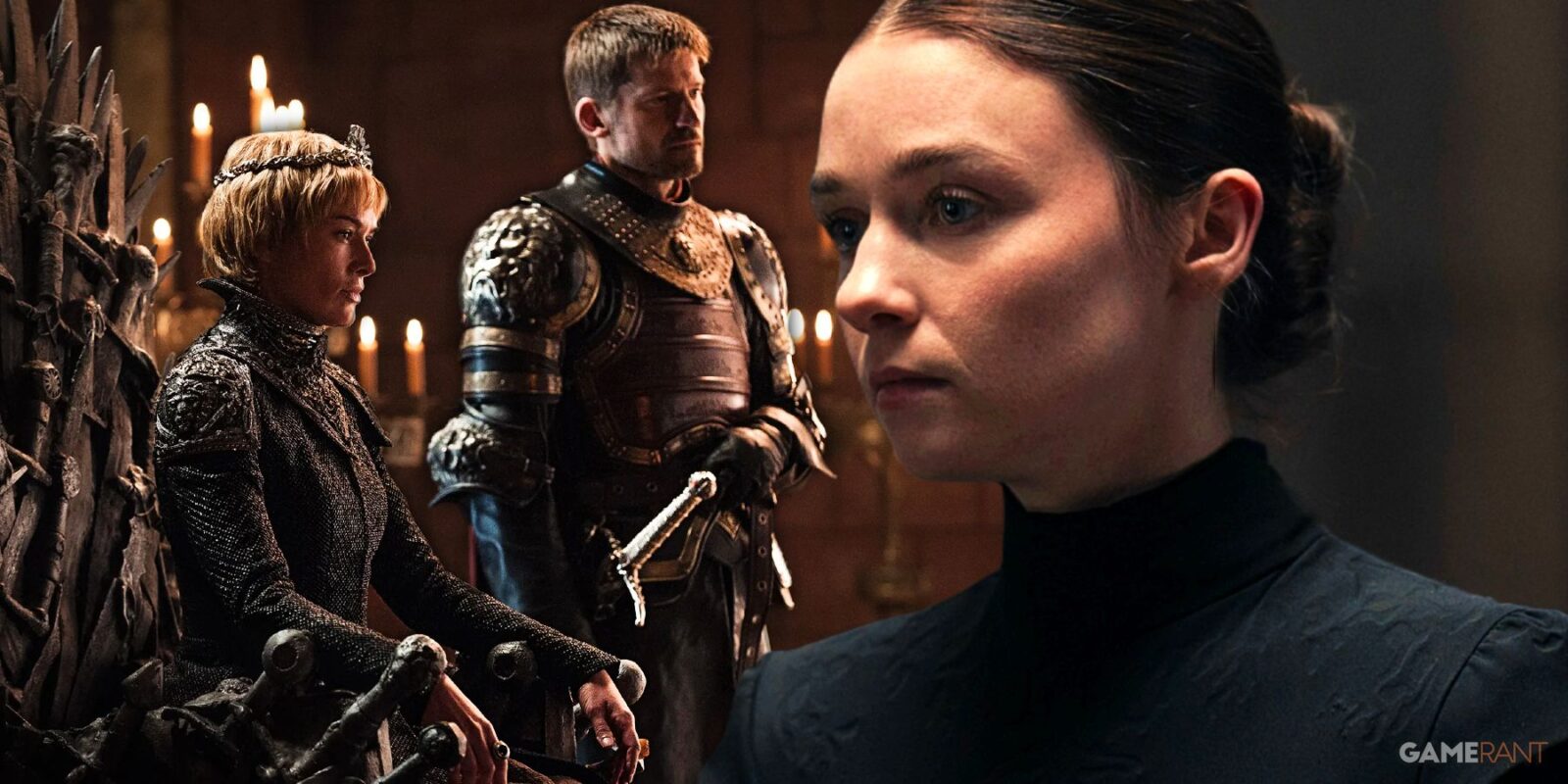
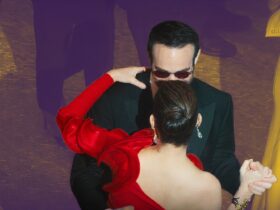
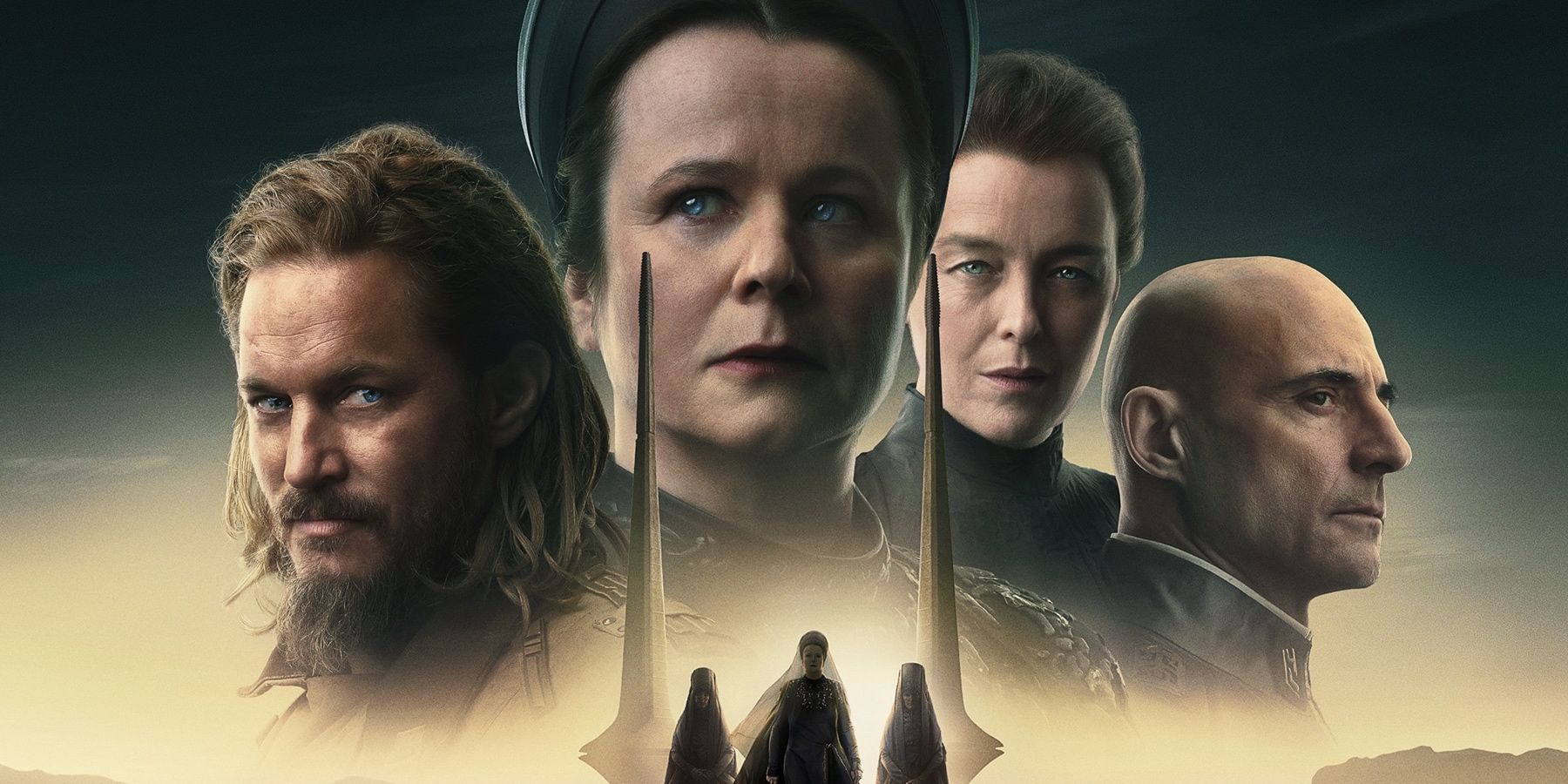
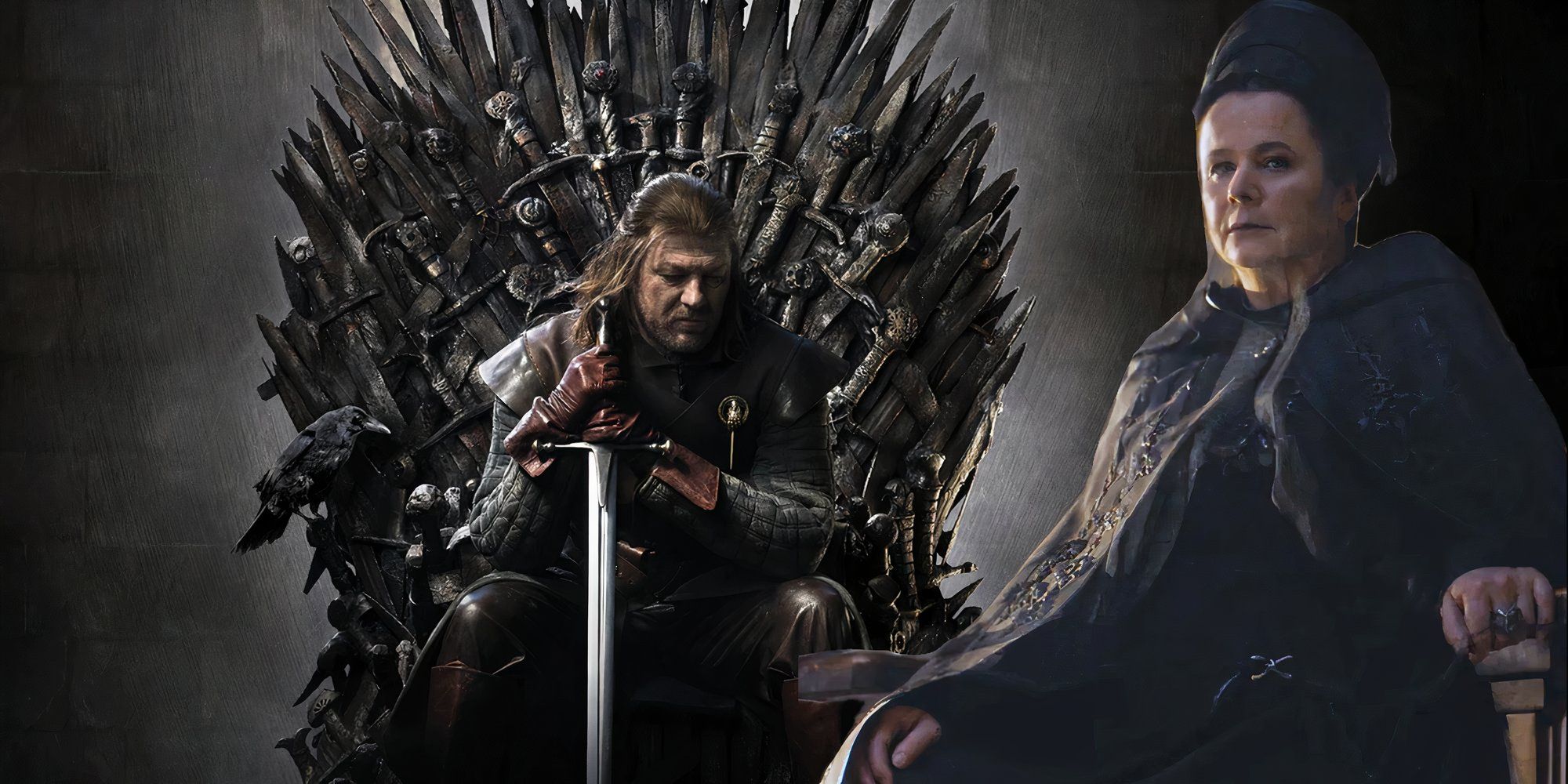

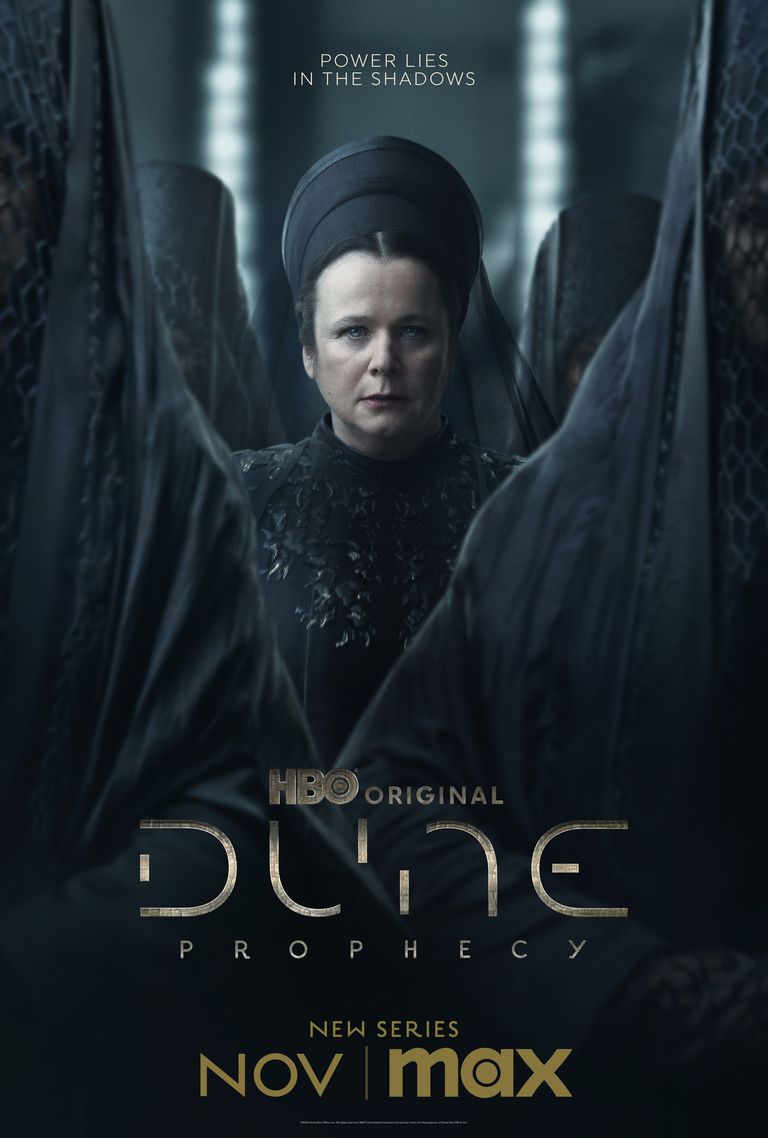





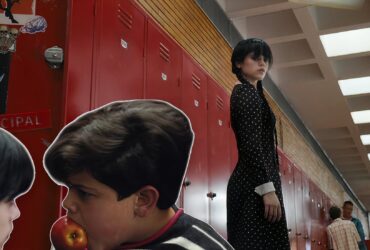




Leave a Reply